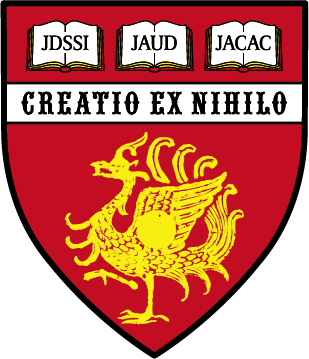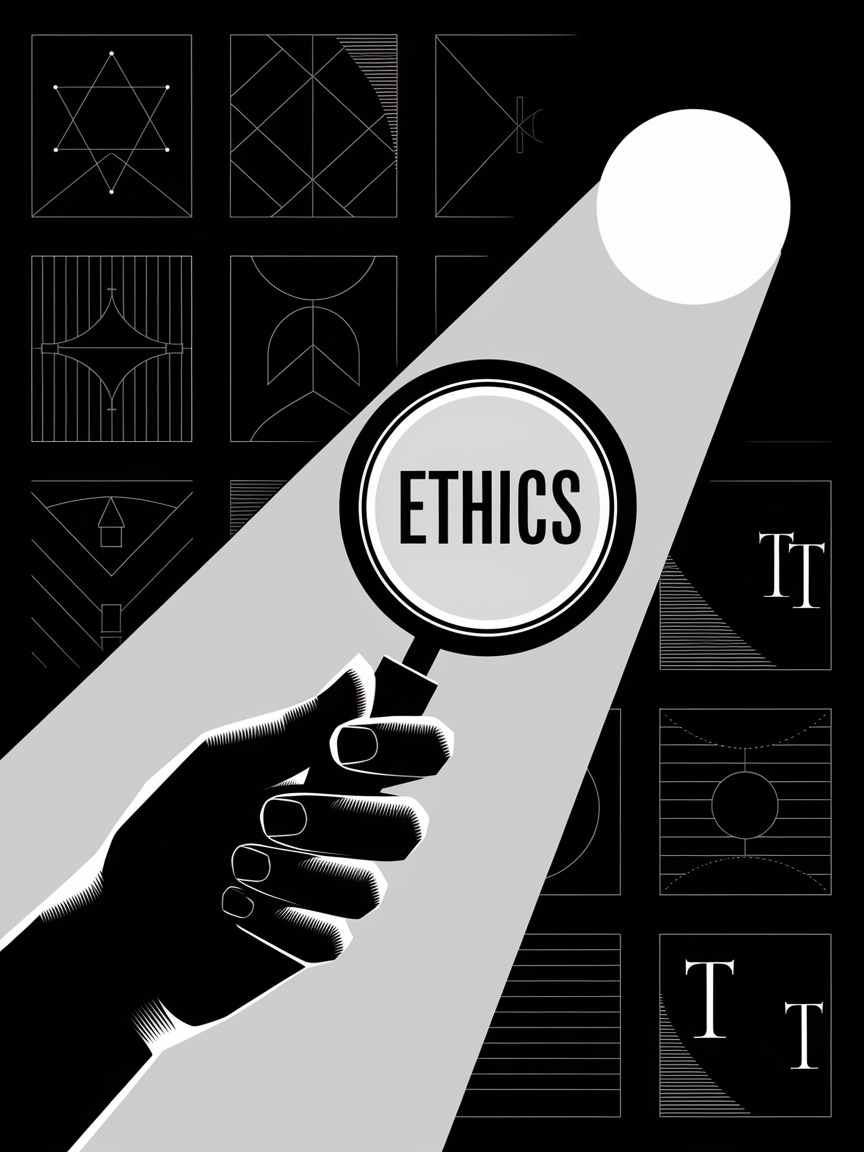MSPL's journals focus on research in the arts and humanities and generally do not involve animal experiments or related ethical issues in the medical field. Anyone who believes that research articles published in MSPL journals have not been carried out in line with related ethical principles, do not hesitate to raise your concerns with the journal's editorial office or send an email to MSPL office: m.scholar2023@gmail.com
The corresponding author is responsible for the appropriateness and completeness of the authorship list, appropriate credit attribution, and agreement of all authors to the journal’s open access, ethical, and if applicable, data-sharing policies. Research teams should follow the guidelines established by the Contributor Roles Taxonomy Project (CRediT) to assign author contributions. The corresponding author is responsible for declaring these contributions, which are required for all Research, Methods, and Data articles.
All articles published in MSPL journals must be original works that have not been published publicly. MSPL journals do not accept multiple submissions.
MSPL's journals review the authenticity of the author's institution and potential funding institution information and conduct an article plagiarism check (Turnitin) to confirm whether there is any plagiarism or fabrication in the manuscript. In principle, the similarity rate of an article should not exceed 5%, but the key points of the article cannot have any replicated content. If plagiarism or fabrication is determined after publication, these journals will investigate potential courses of action, up to and including a formal retraction of related articles. After an article is withdrawn, the MSPL website will issue a statement and link clarifying that the journal will no longer be responsible for the retracted article in the future.
If an article is determined to have clear evidence that its findings are unreliable, whether due to misconduct or honest error, the journal editor will consider retraction and a retraction notification database will be attached to all versions of the article and associated bibliographies on the MSPL website. For complete withdrawal guidelines, please visit the COPE website.
MSPL does not allow artificial intelligence (AI) tools such as ChatGPT or large language models (LLM) to be listed as authors in our publications. A consensus is emerging among academic organizations, including the Committee on Publication Ethics, that AI tools do not meet authorship requirements because they cannot be held ethically and legally accountable for their work.
Authors of MSPL must demonstrate to the media and readers that their work is original, responsible, and scholarly when using material created by others. Authors who use artificial intelligence tools to generate text or images/graphics or collect data must inform their editors of this use and be transparent about this in the manuscript so that readers understand the role these tools played in the development of the work. Authors are solely responsible for the content of their manuscripts, including any part generated by artificial intelligence tools, and accept responsibility for any ethical violations that may result from the use of such content.
A conflict of interest may exist when an author or the author's institution has a financial or other relationship with a person or organization that may have improper influence on the author's work. The perception of a conflict of interest is just as important as the actual conflict of interest.
Financial relationships (e.g., employment, consultancies, honoraria, patents) are the easiest conflicts of interest to identify and have the greatest potential to undermine the credibility of the journal, authors, and scholarly research activities. Therefore, all data used by the author in the article should be free of potential conflicts of interest.
Statement of Informed Consent
Participants have a right to privacy and their privacy may not be violated without their informed consent. Identifying information, including participant names, initials, or hospital numbers, should not be released in the form of written descriptions, photographs, and pedigrees unless the information is essential for scientific purposes and the participant (or parent or guardian) has given written informed consent for release. Informed consent for this purpose requires the presentation of the manuscript to identifiable participants prior to its publication. However, competitive anonymity is difficult to achieve and in case of any doubt, informed consent should be obtained.
There are many situations for informed consent:
- Inclusion of subjects/participants in the study.
- Publish identifying information in text and image form.
- Publish an article with subject/participant details.
- In the methods section of the article, authors must state that informed consent was obtained from all participants involved in the study.
- In addition, all articles published in MSPL journals require signed or informed consent.
All studies involving human participants must be approved by the author's institutional review board or equivalent ethics committee and must adhere to the principles of the Declaration of Helsinki. Authors should be able to submit an institutional review board or ethics committee approval statement upon request indicating that the study has been approved. MSPL journals will reject research and its results that fail to comply with the above ethical standards.
Publication Ethics of MSPL: Copyright and Licensing
MSPL is an open-access scholarly publisher. Once the article is accepted, we will send an email to the corresponding author, who will be asked to fill out the Author Agreement. If other copyrighted content is included, the author must obtain written authorization from the copyright owner and indicate the original author and source in the article.
Confidentiality and Anonymity
We maintain the confidentiality of all submissions and review processes, and protect the anonymity of authors and reviewers throughout the editorial process. Manuscripts under review are treated as privileged communications, and reviewers are prohibited from sharing or discussing the content with colleagues or using the information for personal advantage. Our double-blind peer review process ensures impartial evaluation of all submissions based solely on their scholarly merit.
We expect authors to maintain accurate records of their data and be prepared to share relevant data and materials upon reasonable request. Results should be reported honestly without fabrication, falsification, or inappropriate data manipulation. Where applicable, authors should follow field-specific standards for data sharing and consider making datasets publicly available through trusted repositories, especially for research funded by public grants.
Confidentiality and Anonymity
We maintain the confidentiality of all submissions and review processes, and protect the anonymity of authors and reviewers throughout the editorial process. Manuscripts under review are treated as privileged communications, and reviewers are prohibited from sharing or discussing the content with colleagues or using the information for personal advantage. Our double-blind peer review process ensures impartial evaluation of all submissions based solely on their scholarly merit.
We expect authors to maintain accurate records of their data and be prepared to share relevant data and materials upon reasonable request. Results should be reported honestly without fabrication, falsification, or inappropriate data manipulation. Where applicable, authors should follow field-specific standards for data sharing and consider making datasets publicly available through trusted repositories, especially for research funded by public grants.
We require all authors, editors, and reviewers to disclose any potential conflicts of interest that could influence the objectivity or integrity of the published work. These include financial interests, personal relationships, professional rivalries, or intellectual biases. Full transparency regarding funding sources, institutional affiliations, and other relationships is essential to maintaining research integrity. The journals of MSPL follow COPE (Committee on Publication Ethics) guidelines for handling conflicts of interest.
Regulations on the
Prohibition of Direct Use of
Generative Artificial
Intelligence (Generative AI)
for Manuscript Creation
(Released on December 9, 2025; effective for all submissions starting December 10, 2025)
To uphold the fundamental integrity of the academic community and to ensure the originality and accountability of published papers, the Scholarly Standing Committee of MSPL, after thorough discussion, has established the following mandatory regulations regarding the use of generative AI (including but not limited to ChatGPT, Claude, Grok, DeepSeek, Qwen, Tongyi Qianwen, Gemini, Llama series, and all derivative tools based on large language models) in manuscript preparation:
1. Strictly Prohibited Practices
Concealing the fact of generative AI usage or deliberately providing false statements when questioned by reviewers or editors.
2. Permitted Practices (Only Explicitly Disclosed; non-disclosure will be treated as academic misconduct):
Using generative AI for language polishing, grammar correction, or code formatting.
Using generative AI to assist with translation.
We welcome genuine researchers; we do not welcome “prompt engineers.”




